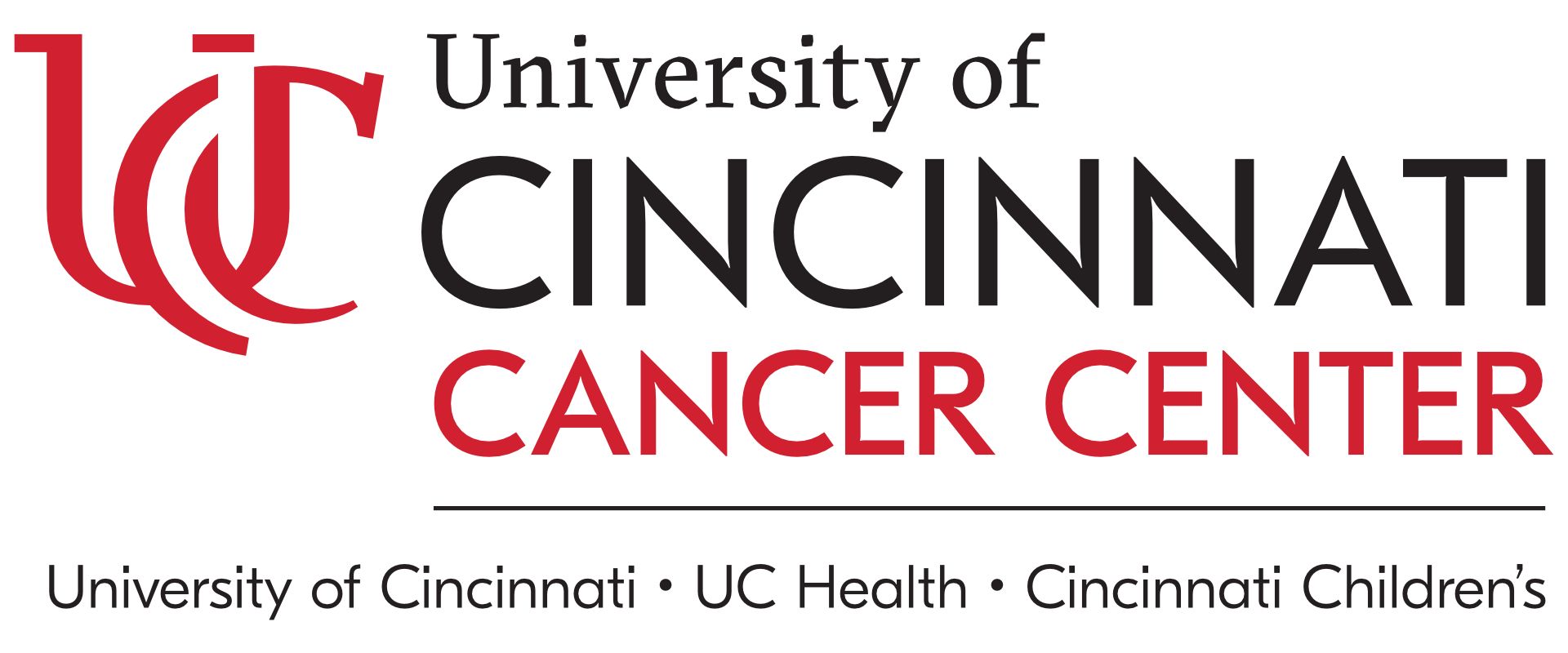
Dr. Herzog on Novel Therapies in Ovarian Cancer

Thomas Herzog, MD, professor of obstetrics and gynecology, deputy director, University of Cincinnati Cancer Institute, discusses novel therapies in ovarian cancer.
Thomas Herzog, MD, professor of obstetrics and gynecology, deputy director, University of Cincinnati Cancer Institute, discusses novel therapies in ovarian cancer.
Biologics have been the main source of progress in ovarian cancer, says Herzog. The biggest development has been with antiangiogenics, specifically bevacizumab (Avastin). Bevacizumab now has an approval in frontline ovarian cancer based on the data from the GOG 218 and ICON7 trials. Now, physicians have an indication in the frontline, platinum-sensitive, and platinum-recurrent settings. However, physicians are still determining where they can leverage the agent the most.
The future will likely rely on combinations, biomarkers, and understanding how to categorize patients correctly, explains Herzog, which will be important in minimizing toxicity and maximizing outcomes. Additionally, using biomarkers and a patient’s genomic profile and signature will be important, so that physicians can put the patients who are going to benefit from angiogenesis inhibitors in one group, immunotherapy in another, PARP inhibitors in a third, and potentially some type of novel combination between those 3 or additional therapies will emerge.




































